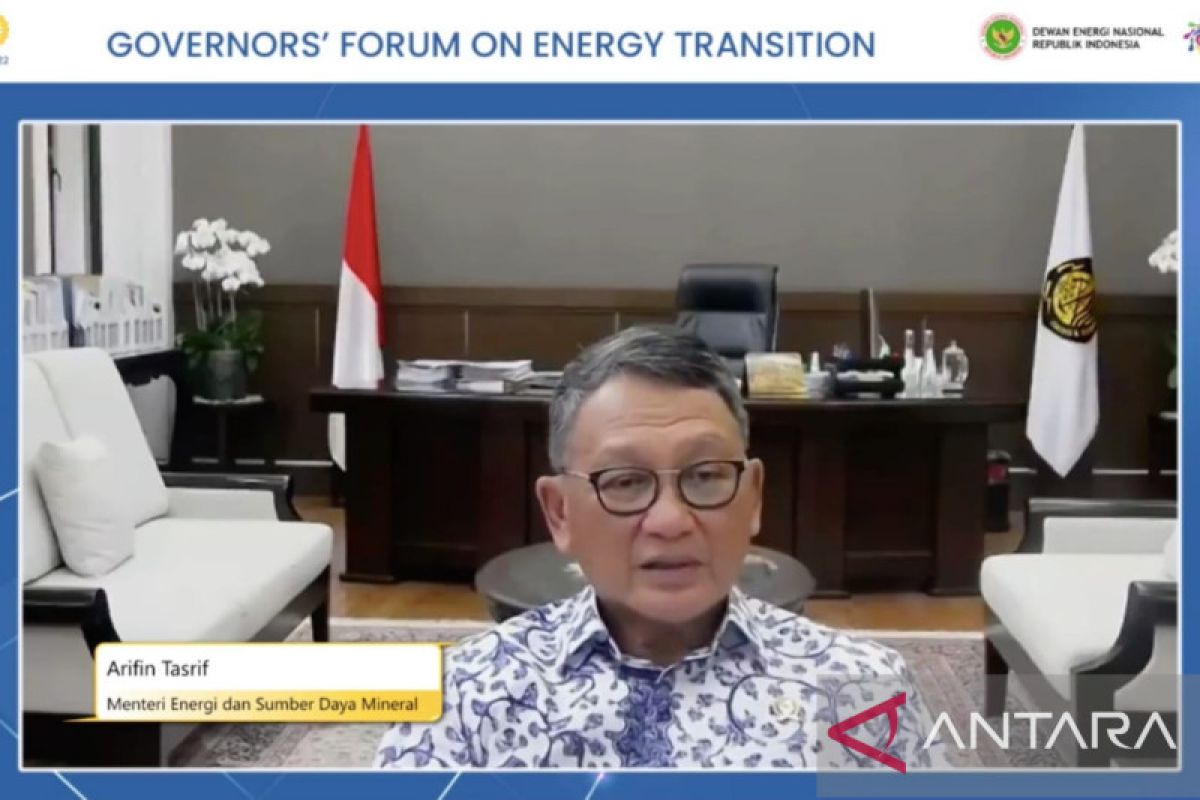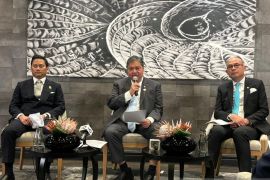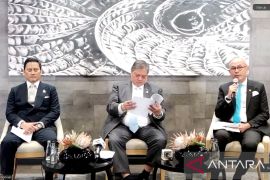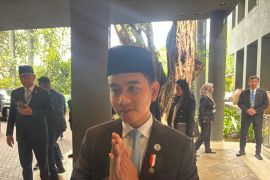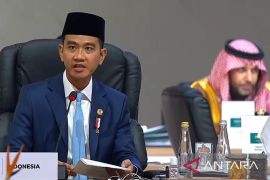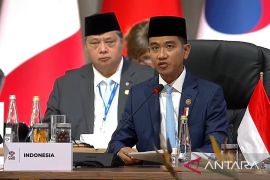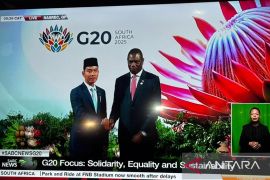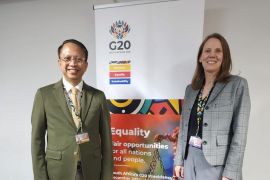As of March 2022, some 22 provinces have established the RUED regulationJakarta (ANTARA) - Some 22 Indonesian provinces have set regulations of the Regional Energy General Plan (RUED) that will serve as a reference in establishing energy transitions in each region, Energy and Mineral Resources Minister Arifin Tasrif stated.
"As of March 2022, some 22 provinces have established the RUED regulation," Tasrif noted at the Governor's Forum on Energy Transition here on Wednesday.
RUED is a regional long-term development plan document in the energy sector, with a time dimension capped at 2050, in which legality is determined by local regulations.
Related news: Indonesia must urge developed nations to disburse climate change fund
The 22 provinces that have established the RUED regulation are Central Java, West Java, West Nusa Tenggara, North Kalimantan, East Java, Lampung, Bengkulu, Central Sulawesi, Gorontalo, East Nusa Tenggara, East Kalimantan, Jambi, Aceh, Bangka Belitung Islands, West Sumatra, South Kalimantan, Yogyakarta, South Sumatra, Bali, West Sulawesi, Southeast Sulawesi, and West Kalimantan.
Meanwhile, 12 other Indonesian provinces are going through some processes to complete the regulation: one province at the regional promulgation stage, two provinces are in the process with the Regional People's Representative Council (DPRD), three provinces are still in course of obtaining facilitation from the Ministry of Home Affairs, and the other six are on their way to completing the program of establishing regional regulations in 2022.
Tasrif explained that the RUED establishment is not the finished product, as its implementation must be readied, so that the energy transition can run well.
Several provincial governments that have implemented RUED have also begun building small-scale renewable energy plants.
Related news: Indonesia devises strategies to achieve 23% energy mix by 2025
Furthermore, they have started to issue some technical gubernatorial regulations for the application of RUED, rules on clean energy and electric vehicles, and circular letters in utilizing rooftop solar panels for governmental, industrial, hotel, and household development.
"I am optimistic that the participation of all parties, such as local governments, state-owned enterprises (SOEs), and private businesses, will create better conditions in energy transition," Tasrif affirmed.
Meanwhile, secretary general of the National Energy Council (DEN) Djoko Siswanto stated that the acceleration of new renewable energy at the regional level is not sufficient if only being funded from the regional and state budgets.
Siswanto attributed it to budget limitations. To this end, he noted that the application of RUED required funding support from other legitimate sources: regional-owned enterprises, SOEs, private parties, and the community.
Related news: COVID-19: Count of recovered patients climbs to 55,128 on Tuesday
Related news: Several regions outside Java-Bali have passed Omicron peak: minister
Translator: Sugiharto P, Kenzu T
Editor: Fardah Assegaf
Copyright © ANTARA 2022
